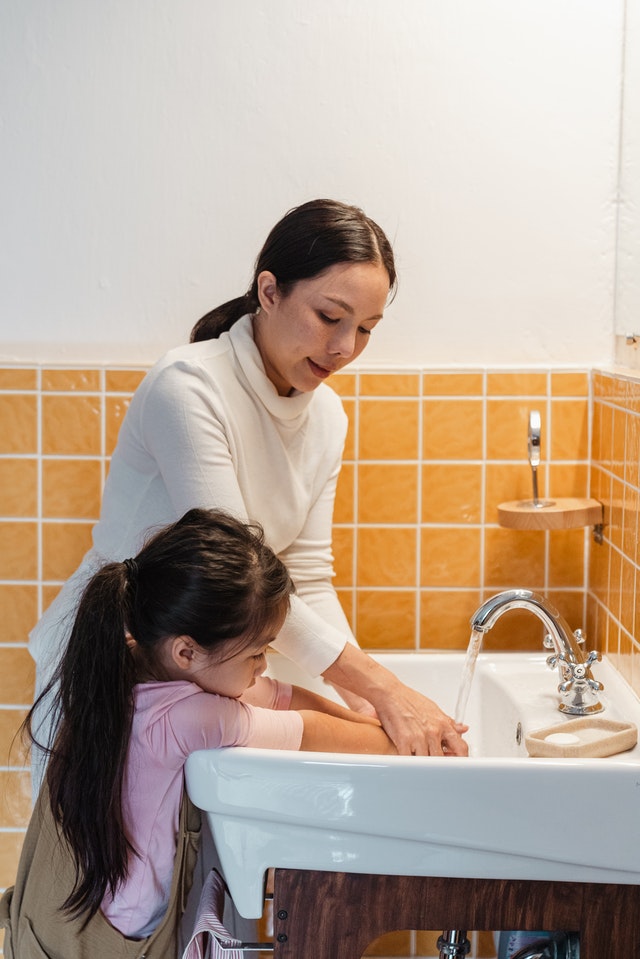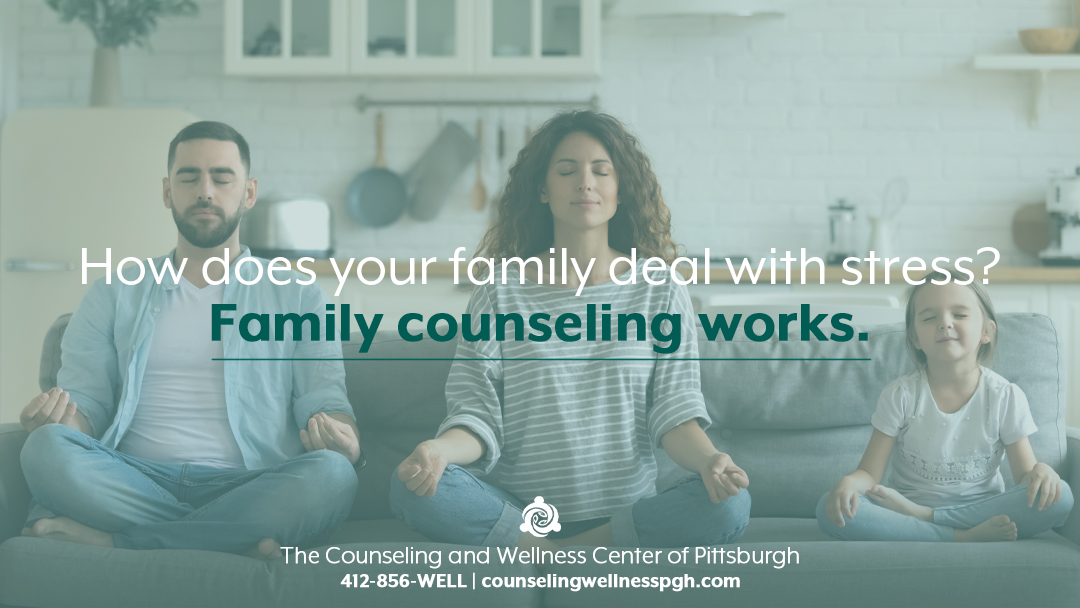Our Counselors use evidence based methods and we track outcomes to know what works. Art Therapy, CBT, DBT, EMDR, EFT, Gottman Method Counseling, Marriage Counseling, Family Systems Therapy, Solution Focused, Trauma Focused Therapy and wellness services, we use the best methods to help you to heal.
















